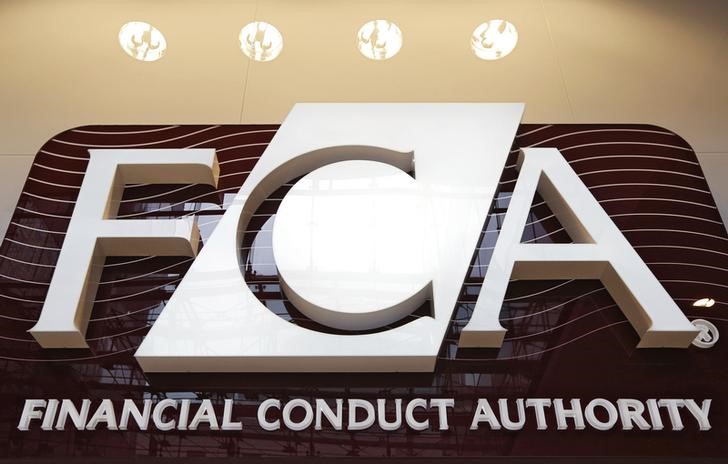Gold prices set for weekly gains on dovish Fed outlook; silver near record high
By Huw Jones
LONDON (Reuters) - Britain's financial watchdog came under heavy criticism from lawmakers on Monday over its treatment of small companies and consumers, but escaped a vote of no confidence.
In a debate in Britain's parliament on a symbolic motion of no confidence in the Financial Conduct Authority, lawmakers lined up to criticise the watchdog over how it supervises banks paying compensation to businesses for miss-selling interest rate hedging products.
A "blundering" FCA has been "weak, toothless and anaemic", lawmakers said.
They also criticised the watchdog for ditching a review of banking culture and for a delay in publication of a review of alleged mistreatment of business customers by Royal Bank of Scotland (L:RBS).
The criticisms come at a difficult time for the FCA, with some lawmakers worried over its independence from political pressure after British finance minister George Osborne ousted its hardline chief executive, Martin Wheatley, last year.
Osborne had called for a "new settlement" with banks, widely interpreted as a call to draw a line under years of banker bashing.
Last week he named Andrew Bailey, a Bank of England deputy governor, as the new CEO.
John Mann, an opposition Labour lawmaker, said the FCA appears to have been weakened, with consumer champions inside the watchdog removed in recent months. The watchdog was "neutered" by the "big brother" of the finance ministry and the Bank of England, Mann said.
But Harriett Baldwin, a junior finance minister for the Conservative government, said the FCA has an "excellent" new CEO though there were clearly still challenges ahead.
"The FCA is, of course, operationally independent of the government." Baldwin added.
Mark Garnier, a Conservative member, said while the regulator has not been entirely fair to consumers at times, a more rounded view was needed to avoid "throwing out the baby with the bath water".
The watchdog had successes in fining banks for trying to rig currency markets and the Libor interest rate benchmark. Approving the motion would hamper Bailey and tell the world that British financial supervision was not "fit for purpose", Garnier said.
"It's important that we start him on his career at the FCA with goodwill rather than a problem to deal with," Garnier said.
Jacob Rees-Mogg, a Conservative, called for the motion to be withdrawn, saying the FCA was launched only in 2013 with many of the problems referred to by lawmakers predating this.
In closing the debate, Baldwin urged lawmakers not to support the motion and a vote was not held.
